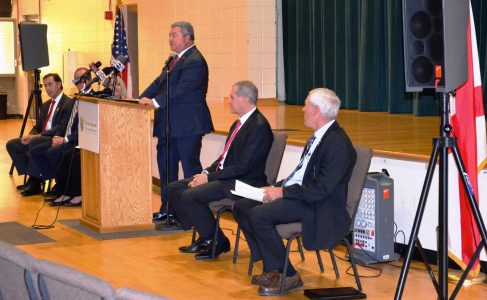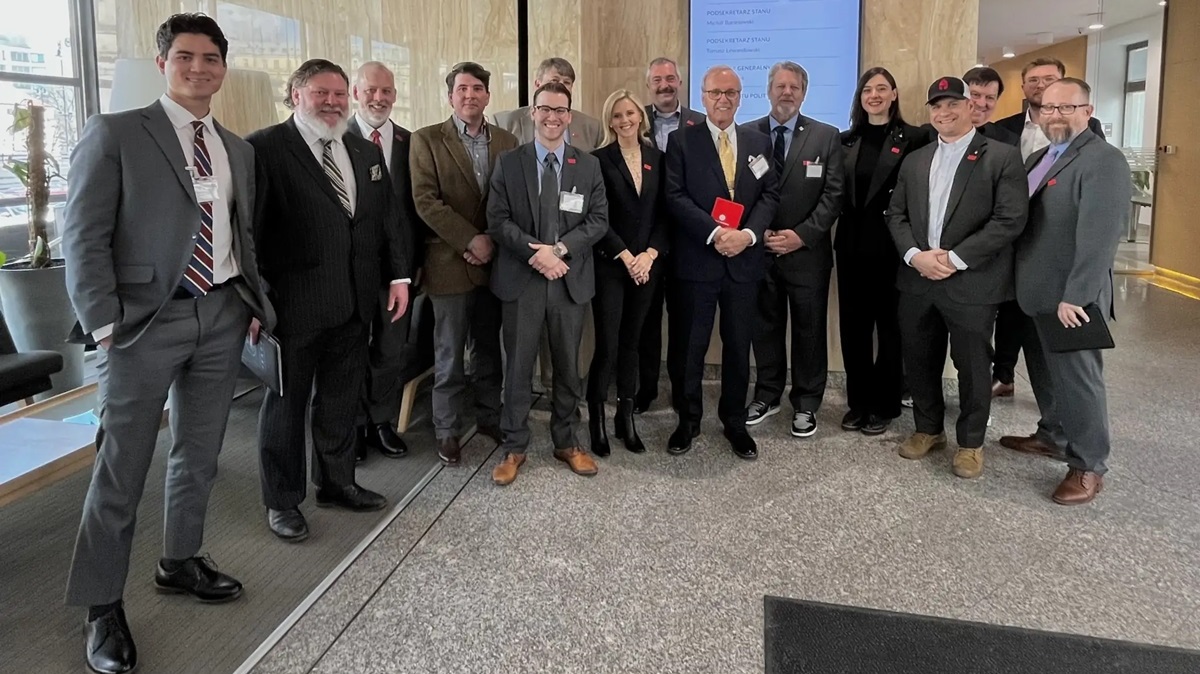Tomberlin’s Take: Evolution of economic development keeps Alabama in the win column

Alabama's economic development has evolved much like the offensive philosophy of the Alabama Crimson Tide. (Kent Gidley / UA Athletics)

When watching the Alabama Crimson Tide roll over its competition this year, experts are unified about the reasons for the top-ranked football team’s success.
On defense, Alabama is quicker and better equipped to face the fast-paced offenses of today. On the other side of the ball, Alabama has introduced its own version of the hurry-up offense with the read option.
In other words, head coach Nick Saban and the Tide have “evolved” to keep up with, and even surpass, the competition.
What can be said of Alabama the football team can also be said of Alabama the state when it comes to economic development.
The Alabama Department of Commerce and Gov. Robert Bentley realized a few years ago that the tax abatements and capital investment tax credits the state used to win projects like Mercedes-Benz and Honda had become less competitive than the tax rebates being offered by other states.

Gov. Robert Bentley at the Google data center announcement. (file)
At the same time, the administration, like others before it, was wrestling with what could be done to help rural and other “have-not” counties compete with “have” counties whose populations, infrastructure and economic development entities made them better prepared to land big projects.
In 2015, the Legislature passed and Bentley signed a set of incentive bills that, along with other industry-specific incentives passed before, helped address those concerns.
The impact has been dramatic. Consider:
- Google announced plans for a $600 million data center in Jackson County within a few weeks after the new incentives were available (along with incentives for data centers approved in 2012).
- The $7.1 billion in new capital investment announced for projects in 2015 in Alabama is the highest figure on record for a single year, according to the Commerce Department.
- Bibb County announced last week Mercedes-Benz supplier MöllerTech is investing $46.3 million and creating 222 jobs in a new industrial park near Woodstock.
The latter was significant for a number of reasons. Bibb County beat out perennial Mercedes supplier winners like Jefferson, Tuscaloosa and Shelby counties for the project to win its first supplier plant to the automaker despite being near the Mercedes plant.

Alabama Commerce Secretary Greg Canfield speaks at Mercedes-Benz supplier MöllerTech’s announcement of a $46.3 million plant and 222 jobs in a new industrial park near Woodstock in Bibb County. (Michael Tombelrin / Alabama NewsCenter)
Officials said the rural economic development incentive was not the deciding factor, but it did play a key role in MöllerTech’s decision.
The rural, or “targeted counties,” incentive is starting to gain traction.
The Department of Commerce said eight of the 11 projects offered the incentive have accepted. While it’s not known how many of those eight have been announced, we do know that two of them, or a quarter of the projects, have been announced recently. MöllerTech’s announcement was preceded by Two Rivers Lumber Co.’s $65 million sawmill project in Demopolis earlier this month.
The revamping of incentives is setting up the next evolution of the state’s economic development efforts.
Greg Canfield, Alabama secretary of commerce, said the statewide economic development plan created during Bentley’s first term, known as Accelerate Alabama, is being updated to better reflect the targeted industries and needs of the state going forward.
If Accelerate Alabama 2.0 can deliver results similar to the new incentives, the state’s ability to evolve when it comes to economic development could mean wins in something even greater than college football.
Mike Tomberlin is editor of Alabama NewsCenter and a veteran journalist who has covered economic development and business in the state for more than 20 years. Tomberlin’s Take is a column where he takes a closer look at a business or economic development issue.





